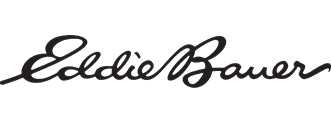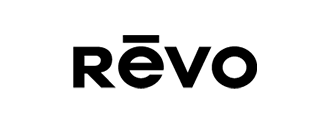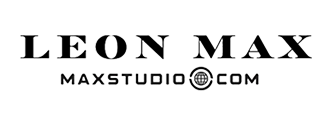To Elevate our Standard of service, availability, and patient care, we are merging some locations — learn more here!
Standard Optical: A Leader in ICL Surgery
At Standard Optical, our commitment to cutting-edge surgical solutions means researching and adopting new refractive vision surgeries to fit the needs of our patients. One of these is an alternative to LASIK and PRK, called Implantable Collamer Lens (ICL) surgery.
We’re proud to be not only the leading provider of ICL in Utah but one of the first practices nationwide to adopt this new frontier of vision correction. Set up a free consultation to learn about which option is right for you.
Why Choose Standard Optical for ICL?
- One of the First in the United States to Adopt New Surgical Techniques
- Utah’s Leader in ICL
- 19 Vision Centers Statewide
- Superior Utah Ophthalmologists and Surgeons
- Utah Eye Doctors Available at Every Location
- Superior Service and Technology
- Family and Friends Referral Rebate
- 3 State-of-the-Art Surgical Facilities: Salt Lake City, Layton, and Tooele
- Over 100 Years of Expertise
- Easy, Interest-Free Financing
- Free Consultations
- No Hidden Fees or Tiered Pricing
- Corporate and Insurance Discounts
What Is ICL?
Implantable Collamer Lens surgery, or ICL, is a way to correct refractive vision errors, including nearsightedness (myopia), farsightedness (hyperopia), and astigmatism.
Unlike laser eye surgery, which uses a laser to reshape the cornea, ICL essentially involves the placement of a contact lens into the eye. This lens is made of Collamer, a substance naturally found in the body, and is placed under the top layer of the cornea to change the eye’s shape and correct refractive errors.
The Cost of ICL
Like LASIK and PRK, ICL is considered an elective procedure, meaning that insurance policies usually don’t cover it. There are some cases in which insurance would cover ICL, including for qualifying active-duty military members and other cases of “necessary” vision correction.
At Standard Optical, you can qualify for easy, low or no-interest financing for any of our life-changing eye surgeries, meaning that no one has to go without lasting vision correction because they can’t afford it.
ICL vs. LASIK
ICL is an alternative to LASIK that can serve a range of patients, especially those who aren’t a good fit or who have been turned down for other refractive procedures for one of the following reasons:
- Their visual error is too severe. Generally, we can use ICL to correct a stronger degree of nearsightedness than LASIK.
- Their cornea is too thin or flat. If the cornea doesn’t meet certain dimensions, we can’t safely cut a corneal flap, which rules out LASIK. In this case, ICL is a better option.
- They’re at risk for dry eye with LASIK. ICL doesn’t carry the same risk of dry eye syndrome as a side effect, so there are several risk factors that make ICL a better option in certain cases.
ICL at Standard Optical
Because ICL is not permanent like LASIK and PRK, if your vision changes outside of standard parameters after surgery, we can make the necessary corrections, including:
- Leaving the ICL in and performing LASIK or PRK to correct vision
- Removing the implant and reinserting a new ICL to correct the error
The first step to schedule ICL with Utah’s top ophthalmologists is to schedule a consult with Standard Optical. We’ll do preliminary screenings and discuss what we recommend as a safe and effective way to improve your vision.
If ICL is the route you and your surgeon decide is the best option, you’ll be able to feel at ease knowing you’re being treated by a leading team at Standard Optical, experienced in ICL in Utah.
Standard Optical can put your individual, customized prescription lens into nearly any frame for ideal performance sunglasses.
What People Say About Us

The doctors were awesome, helpful and friendly in getting my Lasik Consultation setup and answering all of my questions before and after the procedure. Highly recommend then for general appointments and lasik consultations!
Ian H.
These guys are awesome! I recently had Laser Corrective surgery with them. They helped me get it set up after my consultation and were very thorough in answering all the questions I had. I would and will definitely recommend friends and family to Standard Optical.
Skylar Givens

















